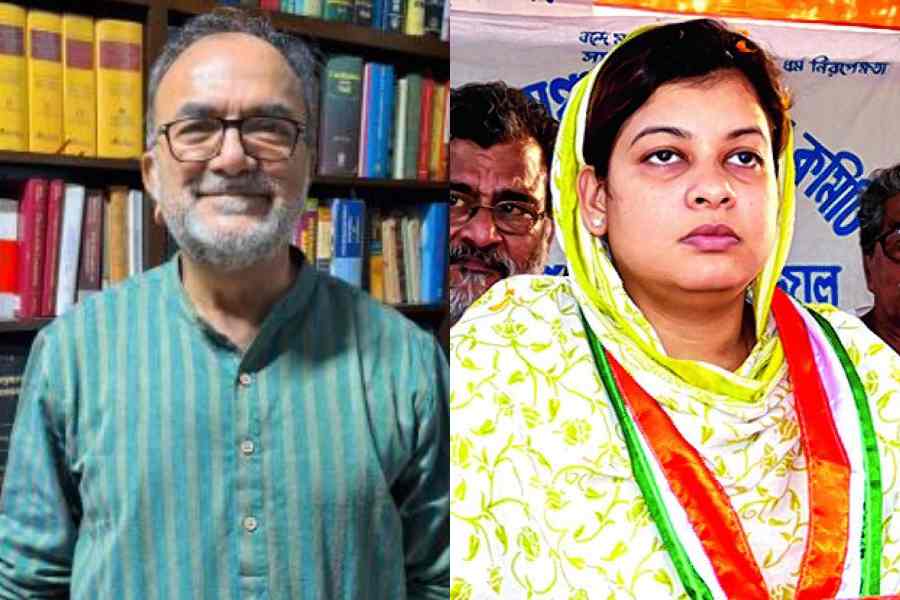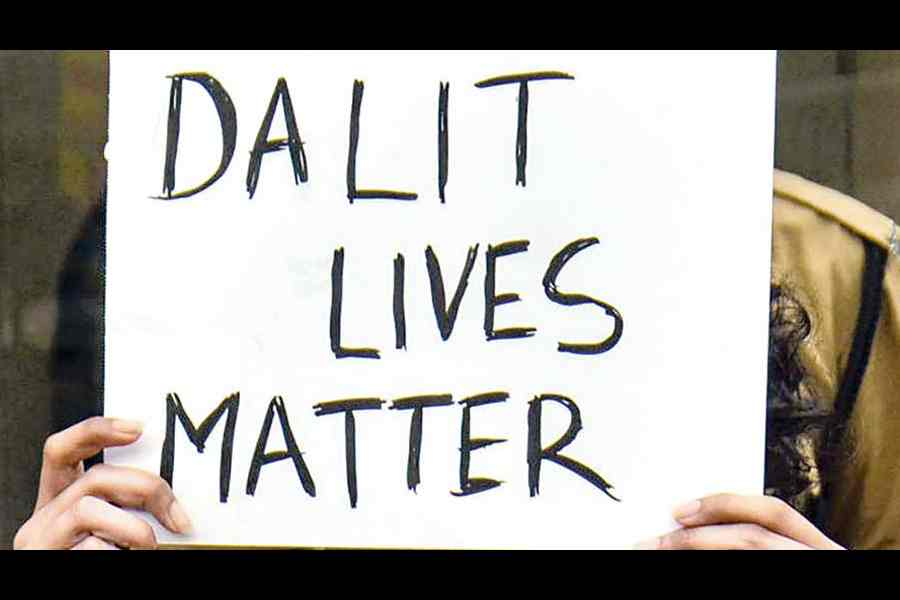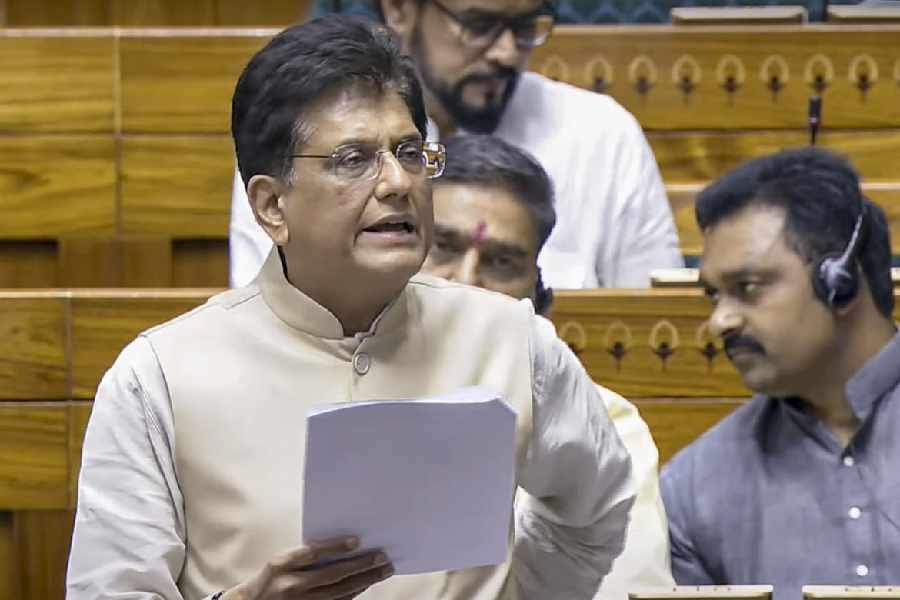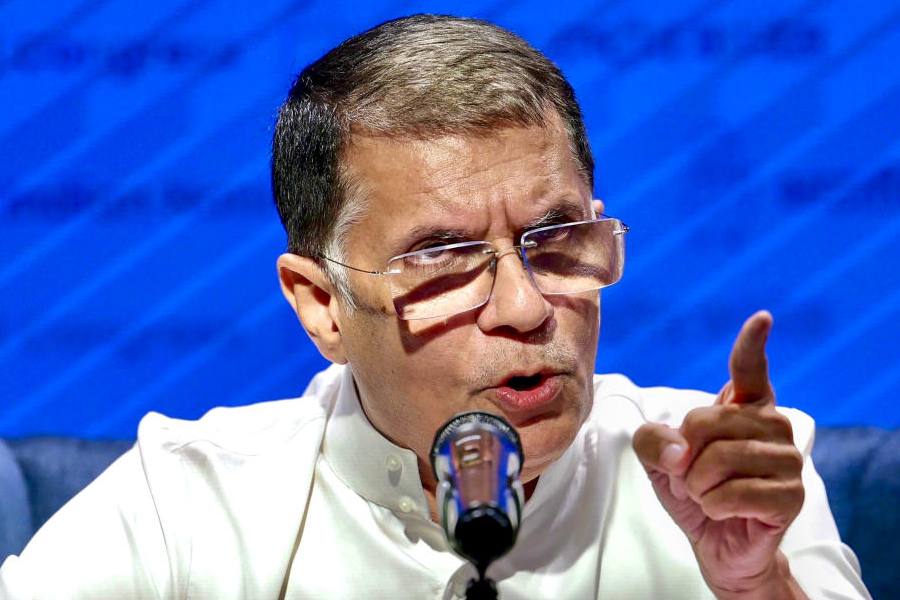|
| Winston Churchill |
As a regular attendee of literary festivals, I have to confess that I sometimes tire of hearing (and sometimes spouting) glorifications of The Book. What can’t The Book do? It can melt national boundaries, heal racial divisions, illuminate the lives of others, enlighten, educate, entertain, and evoke pity, empathy and compassion where none previously existed. All true, but my goodness how pious all this book worship seems when you’re among book writers and book publishers who, for a day or two, can adopt the do-gooding glow of someone really useful like a tube-well driller or a hospital nurse. As I write, I’m surrounded by books — heaped on the floor, lined on the shelves, scattered across the desk — and at least three or four more arrive every week in the post: unsolicited books to complement those I actually buy. So forgive my scepticism about books as sacred objects that will necessarily do good wherever they’re read. A book, after all, is nothing more than an artefact composed of paper, ink and glue that has its modern origins in Johannes Gutenberg’s invention of movable type. There are good books and bad books, even evil books (think of Mein Kampf and Nazi Germany as the most literate society in Europe).
Most books, however, fall somewhere between these poles. They’re quite informative and/or rather entertaining. The blurb may suggest much more — “This book will change your life” or similar words — but that’s because books are tradeable goods that need to be sold. Just occasionally, though, a book really does alter your view of the world, so much so that you insist others read it and sometimes foist it on them as a gift. This has just happened to me with Madhusree Mukerjee’s account of the Bengal Famine, titled Churchill’s Secret War. I’ve been absorbed and shaken by it. I don’t think anyone who reads Mukerjee can ever see Churchill in the same light again. This may scarcely matter in India, but Britain still sees him as its greatest-ever prime minister and the saviour in 1940 of the civilized world. That reputation, which is both grounded in fact and self-created, will probably survive; so much of Britain’s sense of itself still depends on ‘our finest hour’. But in Mukerjee’s book another kind of Churchill emerges to rival the war hero: obstructive, wilful, egocentric, foolish, and wickedly racist — ‘insane’, as more than one of his colleagues remarked, when it came to India.
Of course, none of this is new. The same awful character can be glimpsed in many biographies. Nor would it be true to imagine that the British are, or ever were, Churchill fans to the last man and woman. One of my earliest memories is my father mocking a neighbour who insisted on referring to the prime minister (which he was again after 1951) in affectionate terms as “Our Winnie”. Among the organized working-class and survivors of the Dardanelles campaign in the First World War, the idea of Churchill as the national saviour was tempered with memories of his ruthless strike-breaking and foolish military adventurism. Nor are the facts of the Bengal Famine new; the estimate of three million dead is now widely accepted, and thanks to the work of Amartya Sen and other scholars we know that it wasn’t simply an act of god. Markets and speculators played their part, as well as wartime shortages and administrative incompetence.
What Mukerjee shows, however, is that the British weren’t just incompetent and hard-pressed by the war. At the apex of British policy-making stood Churchill and his callous sidekick, the eugenicist Frederick Lindemann, and between them they blocked the food shipments that Bengal so desperately needed. Shiploads of Australian wheat sailed past India on their way to supply a projected British invasion of the Balkans, a Churchill stunt that never came off, while offers of help from Canada and the United States of America were rejected. Why? On the evidence of Mukerjee’s well-sourced narrative, because Churchill had a visceral hatred of Indians and deplored ‘brown people’ in the same way that Hitler disliked his allies, the ‘yellow’ Japanese. In 1945, to give one example, he told his private secretary that the Hindus were a foul race “protected by their mere pullulation [rapid breeding] from the doom that is their due”. As to Lindemann, who became Lord Cherwell, the “abdication of the white man” remained for him the worst calamity of the 20th century, worse in its effects than two world wars and the Holocaust. The behaviour and attitudes of both men contributed to the starvation in Bengal. Theirs were sins of commission and not just unwitting blunders in the turbulence of war.
This is a depressing story and any Briton with a historical sense would also find it a shameful one. The one slightly uplifting note is that many other British politicians and officials fought hard to change Churchill’s mind, including the viceroys Linlithgow and Wavell and the secretary of state for India, Leo Amery, whose notes and diaries register frustration and disgust. The usual excuse that Churchill was only a prisoner of his times won’t, therefore, wash. At best he was how Roosevelt described him — “a mid-Victorian” — and at worst not all that far removed from the racial attitudes of his Nazi enemy.
Mukerjee tells her story with a limpid simplicity that suggests she’s not an academic. Her research has been scrupulous and wide-ranging, from the oral testimony of survivors in Midnapore to papers in the Whitehall archive. The author isn’t well known — I’ve yet to see her name on the festival circuit — but hers is a book that makes the best case for books. Hundreds of thousands of new titles are published across the world every year in the English language alone. Other than to their authors, it would make very little difference if many had never been put into type — they fail for reasons of craftsmanship, imagination or information to achieve the writer’s intention. Many are nothing more than an intermediary stage on the sad journey between a tree and a pulping machine. But a few of them really do matter — they are, you might say, necessary books. Mukerjee’s is one of these.
*************
Taking up that last thought, it must also be admitted that sometimes the fault lies with the reader. Years ago I bought a second-hand copy of a memoir by Ian Stephens, who worked in Calcutta during the 1940s as the distinguished editor of India’s then most eminent newspaper, the Statesman. I probably read only a page or two, but gave myself the impression (typical of self-deceiving booklovers) that I’d read the whole thing. If I had done, I would of course have known that it was Stephens who broke the news of the Bengal Famine to the world beyond with a powerful editorial and pictures of the dying and distressed. This was a courageous act. The Statesman was then British-owned; the previous editor had been sacked because he’d gone too far in opposing the British line.
Stephens is one of several colonials whom Mukerjee mentions honourably, so I went to the shelves and found Stephens’ memoir, Monsoon Morning, and for the first time read it properly. Stephens frankly exposes his often troubled relationship with the powers-that-were in Delhi and Calcutta and writes intimately about his newspaper life — anyone at all interested in journalism or Indian history would find his account compelling. Of the famine, he remembers how long it took the penny to drop that people outside the city were suffering: “Death by slaughter, say in a communal riot … you of course know about almost at once. You hear shouts, screams. Smoke from nearby buildings on fire stings your nostrils… But famine comes quietly. Even if you’ve been half-expecting it, there’s still no drama: nothing to hear, almost nothing characteristic at first to see, anyway in a city like Calcutta, notorious for its swarms of pitiable poor living in squalor near the margins of subsistence.”
This period of uncertainty, of not knowing, is followed by the realization that he’s sitting in the middle of a great human tragedy. He’s as honest as any writer can be about his uncertainties and failings of memory, and his slow progression towards the dreadful truth in the summer of 1943. Elsewhere in the book, however, he’s revealing about himself while perhaps not meaning to be. Young men of all races are lovingly described: their bronzed bodies, musculature and handsome bearing. Women are mentioned occasionally but only to be disparaged, often as staid memsahibs who made sure their husbands stuck to snobbish attitudes towards low-ranking British troops and Indians.
On this and other evidence, we may safely conclude that Stephens was gay. Does it matter? Only in this regard: that like E.M. Forster he saw the presence of British women as one of the chief barriers to friendship between colonial and colonized males. This is a sexual rather than a social or political reading of imperial history and may stem from nothing more than the plain fact that, when it came to women, neither Forster nor Stephens very much liked them. Like a great many other wayward but persistent ideas, you will often find it in books.











